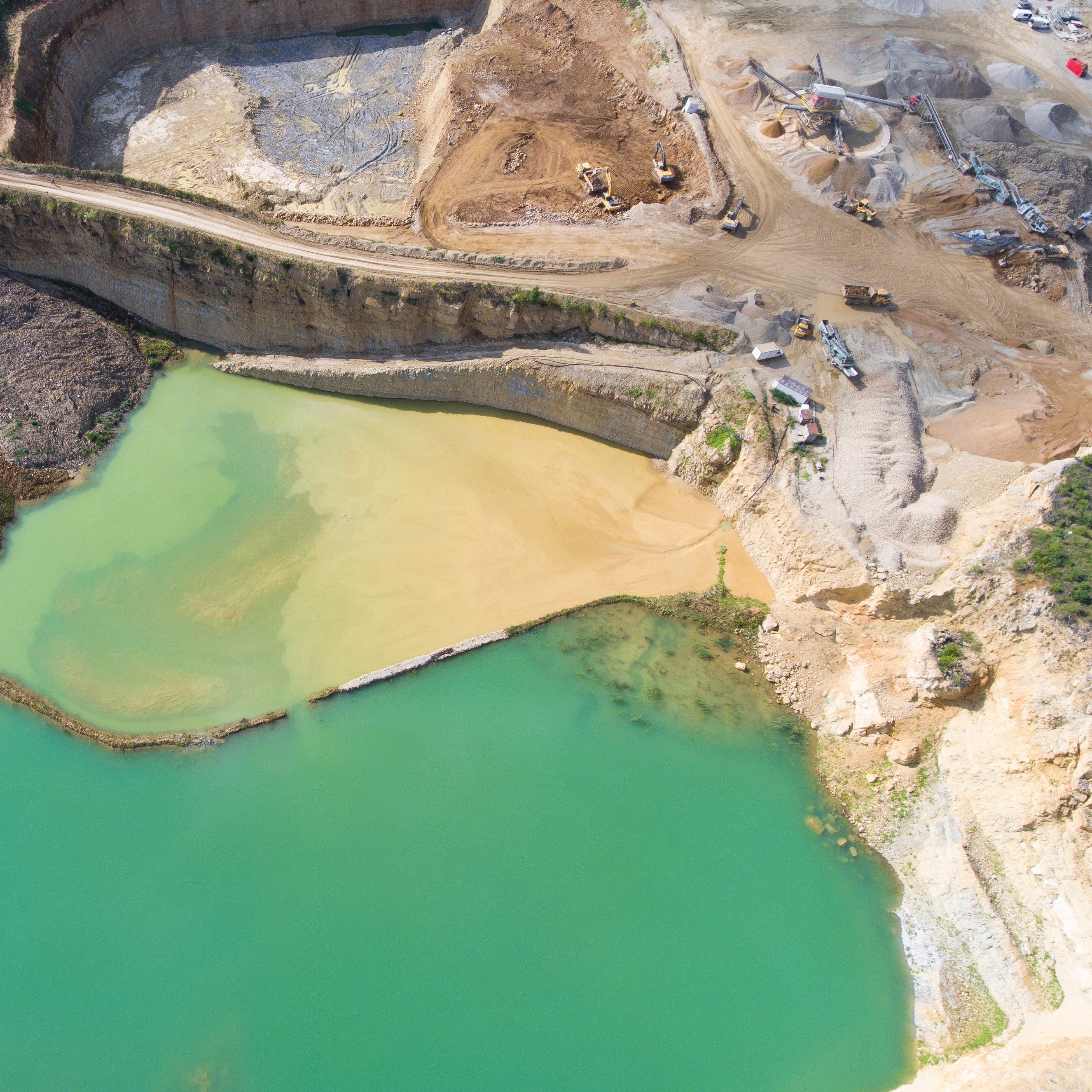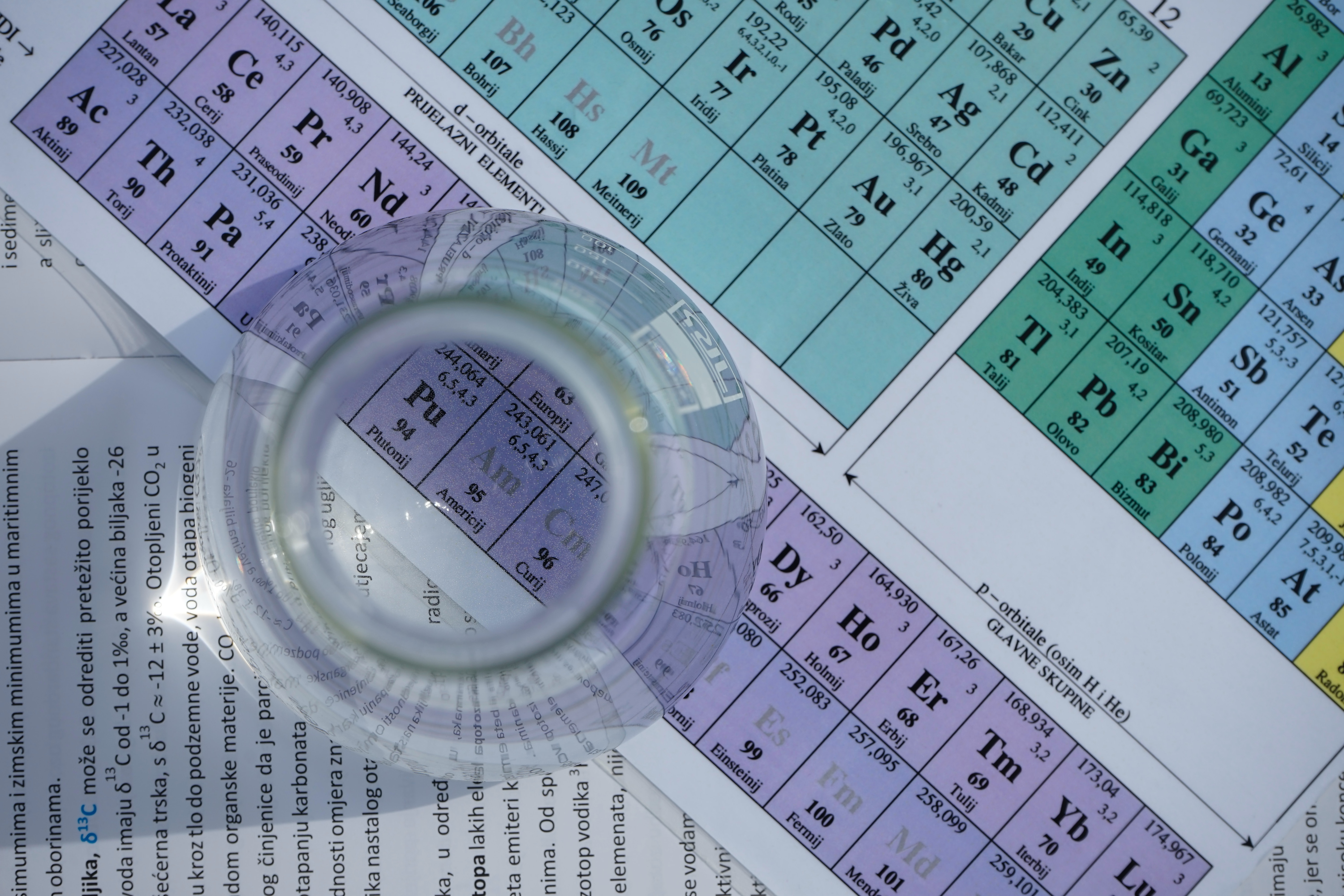BEIJING — China on Thursday banned exports of technology for making rare-earth magnets and imposed other restrictions related to the vital industrial metals, in an apparent response to moves by the U.S. and Japan to reduce their reliance on Chinese suppliers.
Technologies for rare-earth ore mining, ore selection and refining are also among the items added to a list of technologies subject to export controls. Technologies related to extracting and separating rare earths and producing alloys were already banned for export.
The tightening of restrictions comes as the U.S. and other countries seek to build supply chains that do not rely on China amid mounting economic security concerns.
Japan has strength in producing powerful magnets with the metals, and the U.S. uses such magnets in high-tech products.
China’s share of global rare-earth output fell to around 70% last year from roughly 90% a decade earlier, according to the U.S. Geological Survey.
The U.S. has moved to develop its own rare earth mines, but China still dominates refining and processing. Other countries like the U.S. lack enough refining facilities of their own, due partly to their environmental impact, and China has accumulated technological expertise in processing.
The U.S. sends much of its rare-earth output to China for processing before re-importing it. It was China’s largest trading partner for both rare-earth exports and imports last year, according to a Chinese research firm.
The Chinese government has been tightening its grip on key resources for high-tech fields. In November, it began requiring rare-earth exporters to report the types of metals they export and their destinations. It now requires advance approval for exports of gallium, used in semiconductors, and the electric-vehicle battery material graphite.
Thursday’s changes to the technology export curbs trimmed the list to 134 items from 164 in the 2020 edition, but imposed more detailed technical requirements in high-tech fields where Washington and Beijing are vying for dominance.
“Source: Nikei Asia”.

 English
English


